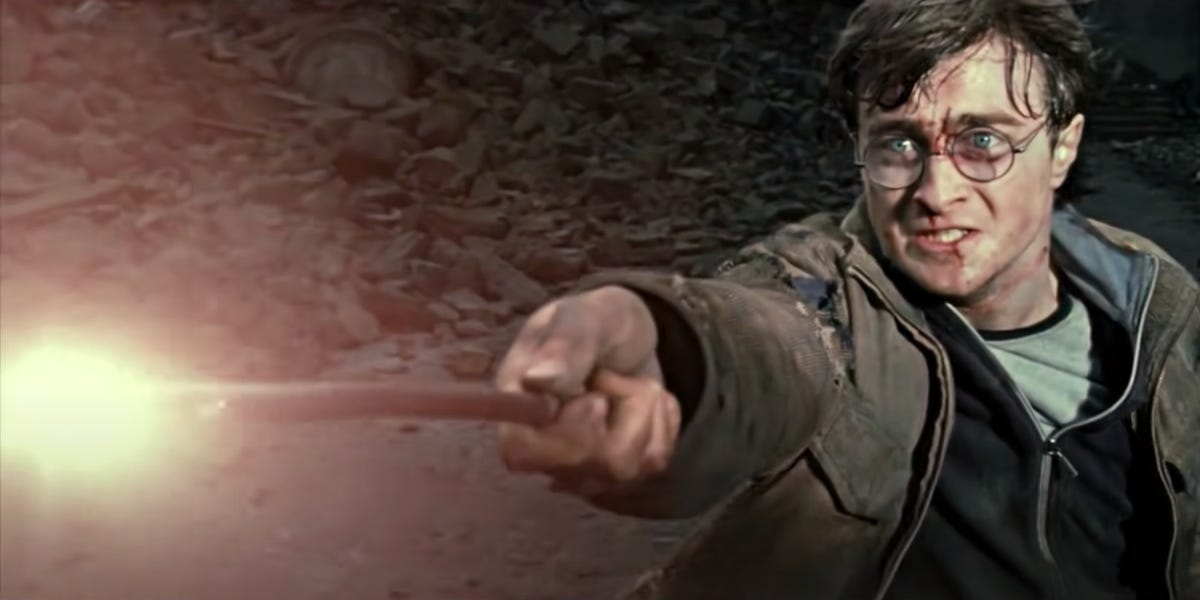OpenAI now tries to hide that ChatGPT was trained on copyrighted books, including J.K. Rowling’s Harry Potter series::A new research paper laid out ways in which AI developers should try and avoid showing LLMs have been trained on copyrighted material.



Aye, but I’m thinking the whole notion of copyright is banking on the fact that human beings are inherently lazy and not everyone will start churning out books in the same universe or style. And if they do, it takes quite some time to get the finished product and they just get sued for it. It’s easy, because there’s a single target.
So there’s an extra deterrent to people writing and publishing a new harry potter novel, unaffiliated with the current owner of the copyright. Invest all that time and resources just to be sued? Nah…
Issue with generating stuff with 'puters is that you invest way less time, so the same issue pops up for the copyright owner, they’re just DDoS-ed on their possible attack routes. Will they really sue thousands or hundreds of thoudands of internet randos generating harry potter erotica using a LLM? Would you even know who they are? People can hide money away in Switzerland from entite governments, I’m sure there are ways to hide your identity from a book publisher.
It was never about the content, it’s about the opportunities the technology provides to halt the gears of the system that works to enforce questionable laws. So they’re nipping it in the bud.
this brings up the question: what is a book? what is art? if an “AI” can now churn out the next harry potter sequel and people literally can’t tell that it’s not written by JK Rowling, then what does that mean for what people value in stories? what is a story? is this a sign that we humans should figure something new out, instead of reacting according to an outdated protocol?
yes, authors made money in the past before AI. now that we have AI and most people can get satisfied by a book written by AI, what will differentiate human authors from AI? will it become a niche thing, where some people can tell the difference and they prefer human authors? or will there be some small number of exceptional authors who can produce something that is obviously different from AI?
i see this as an opportunity for artists to compete with AI, rather than say “hey! no fair! he can think and write faster than me!”
Well, poor literature has always existed, which some might not even dignify to call literature. Are writers of such things threatened by LLMs? Of course they are. Every new technology has beought with it the fear of upending somebody’s world. And to some extent, every new technology has indeed done just that.
Personally, and… this will probably be highly unpopular, I honestly don’t care who or what created a piece of art. Is it pretty? Does it satisfy my need for just the right amount of weird, funny and disturbing to stir emotions or make me go ‘heh, interesting!’? Then it really doesn’t matter where it comes from. We put way too much emphasis on the pedigree of art and not on the content. Hell, one very nice short story I read was the greentext one about humans being AI and escaping from the simulation. Wonder how many would scoff at calling art something that came out of 4chan?
Maybe this is the issue? Art is thought of as a purely human endeavour (also birds do it, and that one pufferfish that draws on the seabed, but they’re “dumb” animals so they don’t count, right? hell, there’s even a jumping spider that does some pretty rad dances). And if code in a machine can do it just as well (can it? let it - we’ll be all the better for it. can’t it? let it be then - no issue) then what would be the significance of being human?